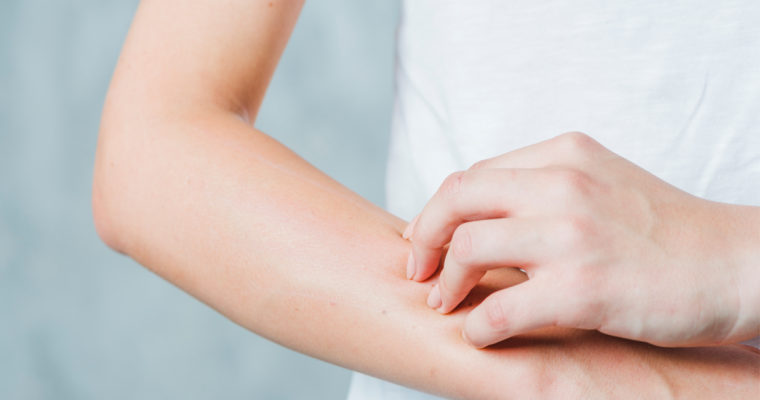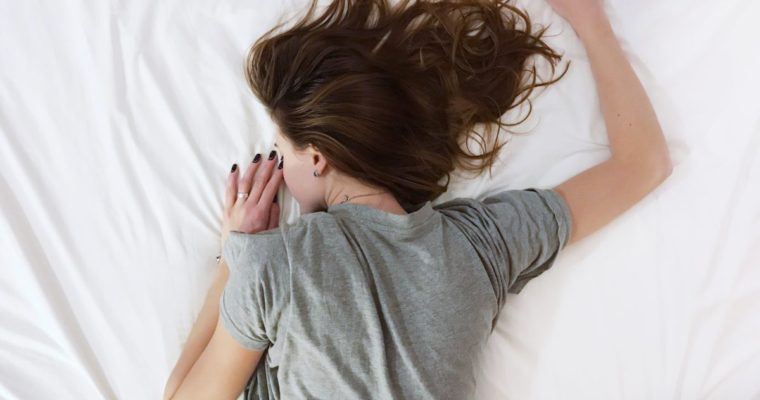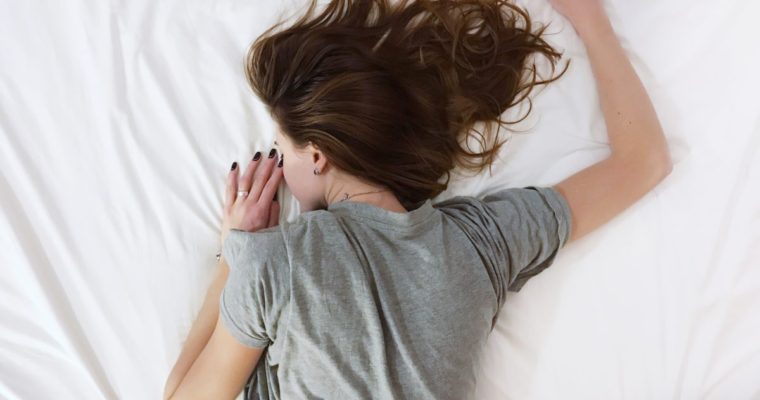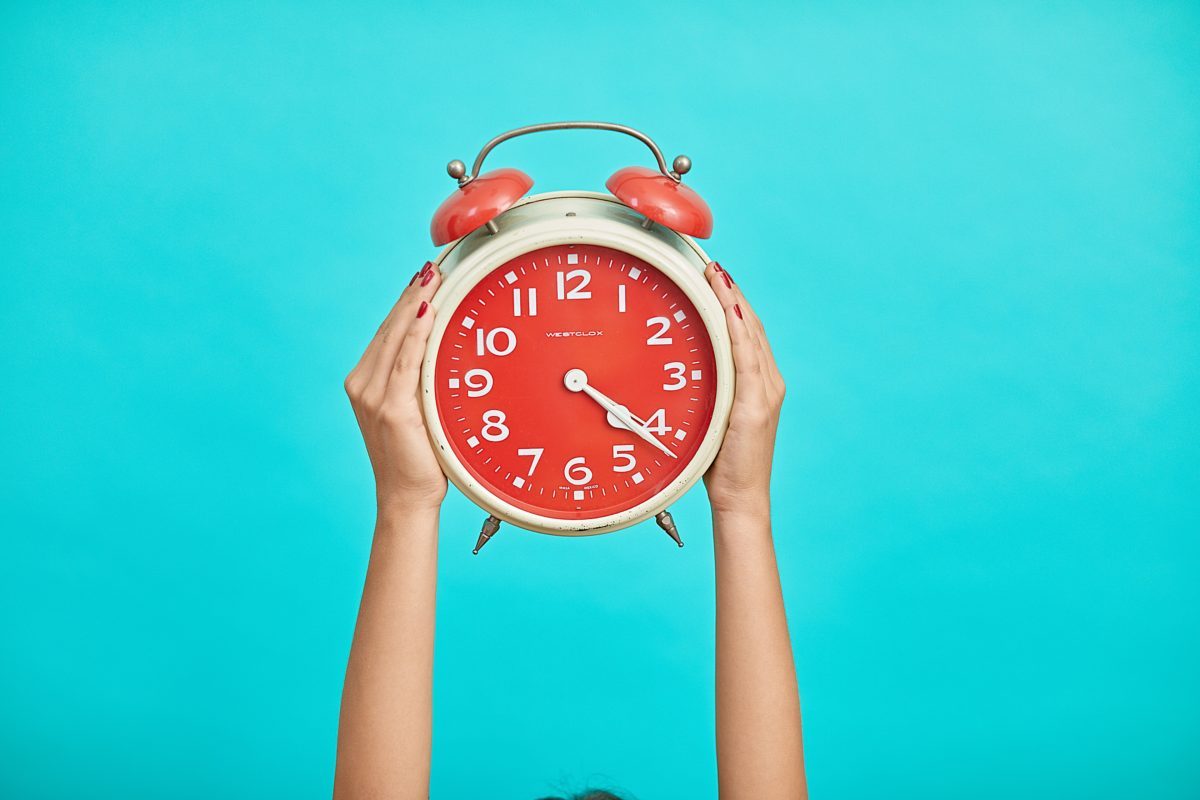A circadian Rhythm is the 24 hour cycle that determines when you should go to sleep and when you should wake up. It is basically the clock that runs your entire body, and is also known as your sleep/wake cycle.
According to the National Sleep Foundation, when it’s dark at night, your eyes send a signal to the hypothalamus – a portion of your brain that controls your circadian rhythm – that it’s time to feel tired. Your brain then sends a signal to your body to release melatonin, which makes your body feel tired.
A healthy circadian rhythm is working at its best when you follow regular sleeping patterns, like getting 7-8 hours of sleep each night. But outside factors like jet lag, daylight savings time or staying up late can disrupt it, making you feel tired throughout the day.
How Circadian Rhythms Impact Mental Health
A new study has found that sticking to a normal daily rhythm is linked to improvements in mood and cognitive function, as well as a decreased likelihood of developing major depression and bipolar disorder.
The study, published in the journal The Lancet Psychiatry, looks at disruptions in circadian rhythms of over 91,000 adults in the U.K. It measured these disruptions using a device called an accelerometer that is worn on the wrist and measures one’s daily activity levels. The participants were taken from the UK Biobank, a large cohort of over half a million UK adults ages 37 to 73.
The researchers found that individuals with more circadian rhythm disruptions – increased activity at night and decreased activity during the day, or both – were significantly more likely to have symptoms consistent with bipolar disorder or major depression. They were also more likely to have decreased feelings of well-being and to have reduced cognitive functioning, bacsed on a computer-generated reaction time test.
Natural Sleep Alternatives
L-Theanine, an extract from green tea, is excellent for persistent thoughts. Day or night, take for anxiety, panic and to calm down worrisome thoughts by increasing blissful alpha-waves in the brain, before bed or in the middle of the night.†
Melatonin is a hormone produced that regulates the body’s circadian rhythms. The levels of melatonin in the blood are highest prior to bedtime. When Melatonin is high, cortisol is low. Melatonin is also essential for the synthesis of Serotonin. As a supplement, it re-calibrates your 24-hour body clock for shift workers or those who work nights. This hormone, when used as a supplement, has been shown to support jet lag and traveling.†
Rhodiola is a plant that grows in the northern-colder parts of Europe. It has been shown to increase your energy and help you handle stress, while improving your mood and reducing mental fatigue. It promotes a soothing, calming effect, while steadily improving a sense of wellbeing. This herb also supports endurance so you can achieve more with exercise or for sports performance. Rhodiola may also support healthy immune system function over the winter and during times of prolonged stress.†
Is your body thrown off when you don’t get enough sleep? Have you tried any natural sleep alternatives? Leave us a comment below to discuss!





